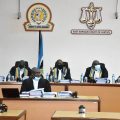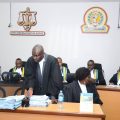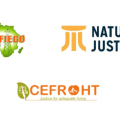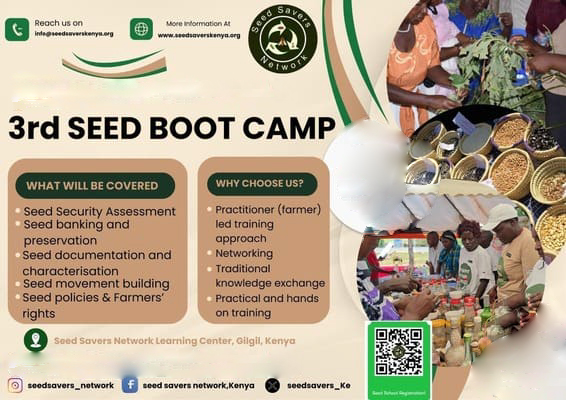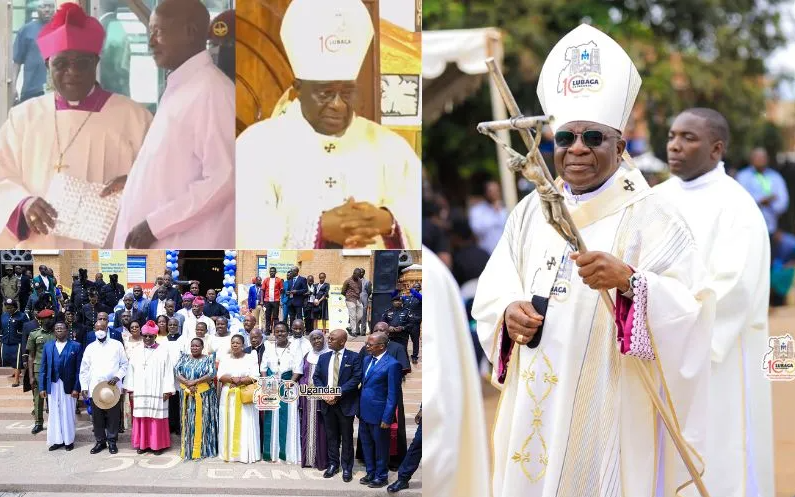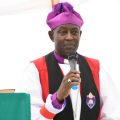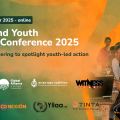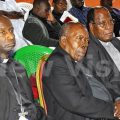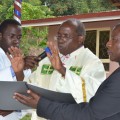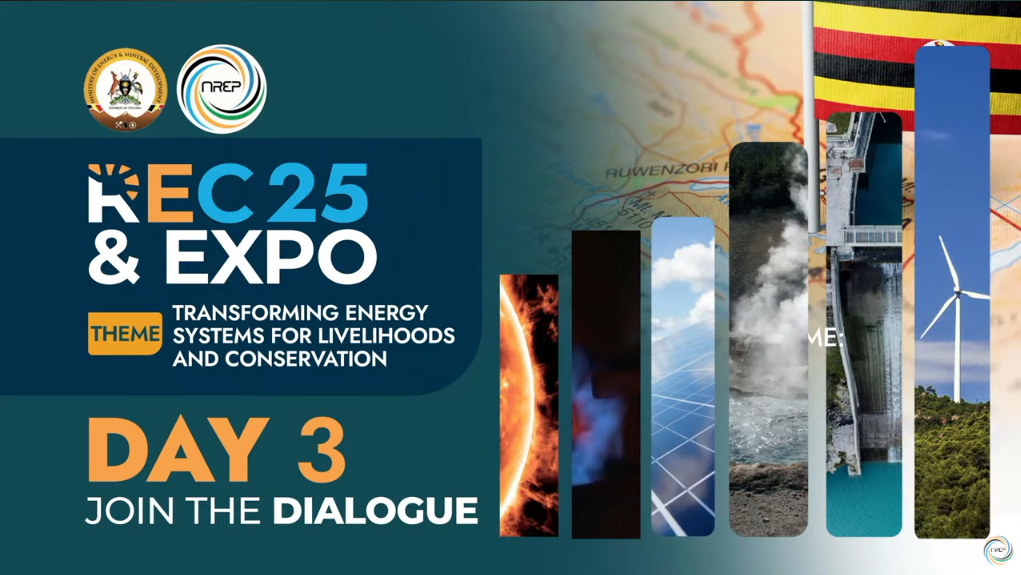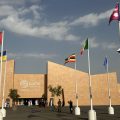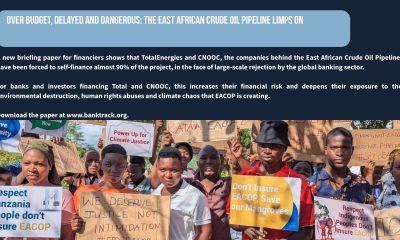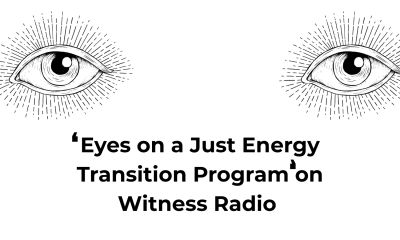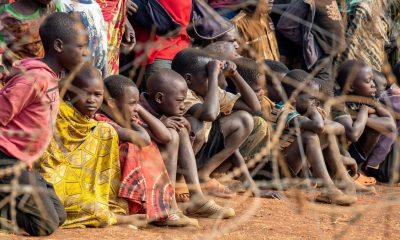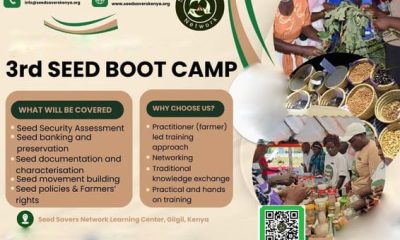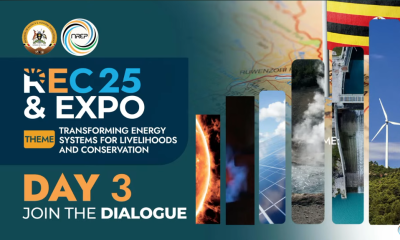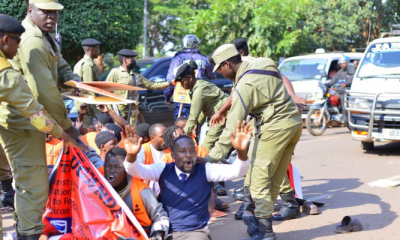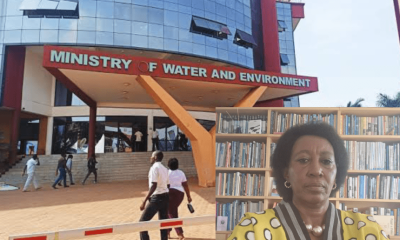By Witness Radio team.
In a stirring development for environmental and human rights advocacy in East Africa, the Appellate Division of the East African Court of Justice (EACJ) is set to hear an appeal that four East African civil society organizations (CSOs) filed to re-instate the petition challenging the construction of East African Crude Oil Pipeline (EACOP) project.
The organizations spearheading this appeal include the Africa Institute for Energy Governance (AFIEGO) from Uganda, the Center for Food and Adequate Living Rights (CEFROHT) also from Uganda, Natural Justice (NJ) based in Kenya, and the Centre for Strategic Litigation (CSL) from Tanzania.
This appeal comes in response to a ruling handed down in November 2023 by the Court of First Instance at the EACJ, which dismissed the case on ground that it was filed out of time.
The pipeline, spanning 1443 kilometers from Uganda to Tanzania, has been met with fierce opposition from many groups and environmental activists all over the world, who argue that it violates key East African and international treaties, as well as laws safeguarding human rights, environmental conservation, biodiversity, and the protection of Lake Victoria.
According to activists, the EACOP project is traversing through sensitive ecosystems, including protected areas and internationally significant wetlands, posing threats to biodiversity and ecosystems that local communities depend on for their sustenance posing grave environmental risks.
Furthermore, the project also termed as a curse by the majority of the would-be beneficiaries due to displacement of thousands of individuals from their ancestral lands, and human rights violations/abuses.
Despite the setback of the initial dismissal, the four organizations pressed forward their pursuit of justice.
In their appeal, groups contend that the Court of First Instance erred in its ruling, and want the Appellate Division to reinstate their case.
Mr. Dickens Kamugisha, the CEO of AFIEGO, expressed that they remain resolute in their pursuit of justice through the East African Court of Justice and other courts.
He further mentions that millions of East Africans have high hopes in the regional court to protect their socio-economic and environmental rights and help them continue advancing their aspirations for climate change mitigation and clean energy.
Mr. Kamugisha added that they maintained hope that the court would prioritize the rights of East Africans over the profit-seeking endeavors of large corporations, even if it came at the expense of people.
According to the Executive Director of Natural Justice, Ms. Farida Aliwa, the EACOP and related projects have already led to serious human rights abuses, including evictions, assaults and environmental destruction
“In the interests of justice, we believe that this case needs to be heard at the East African Court of Justice, as a positive outcome will be good for the East African people and planet. The Court has the power to affirm that the governments, investors, and companies violate both national and international laws and that the EACOP project must be stopped. We trust that the East African Court of Justice will see this, and decide to hear the merits of this case.” She revealed.
The case will be heard tomorrow 9:00 East Africa Standard Time at the Court of Appeal of the East African Court of Justice.



